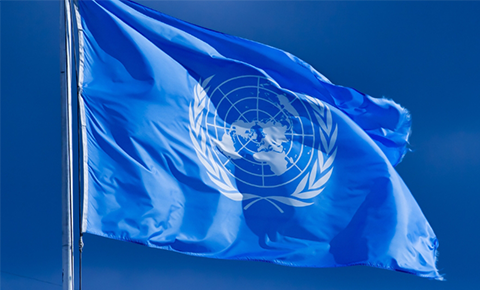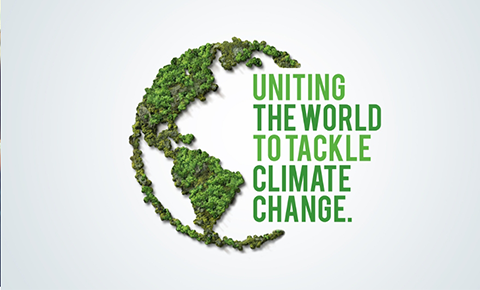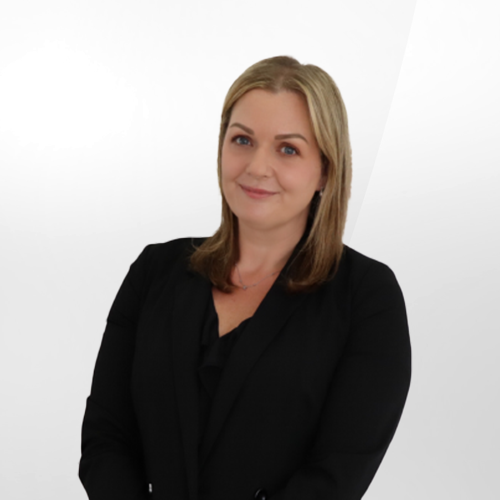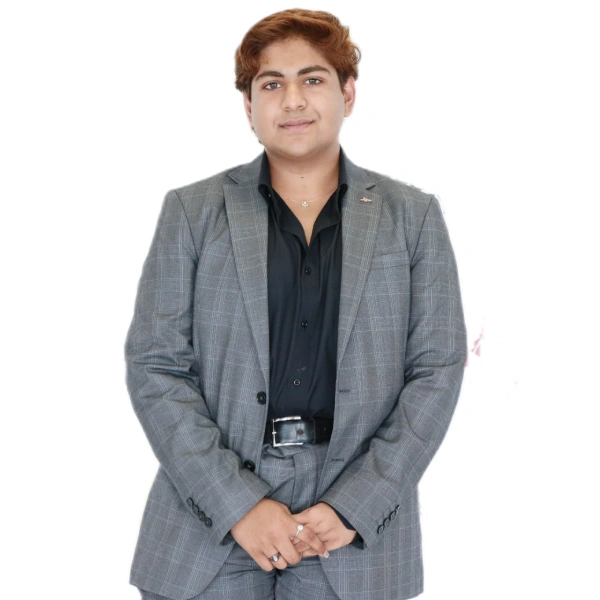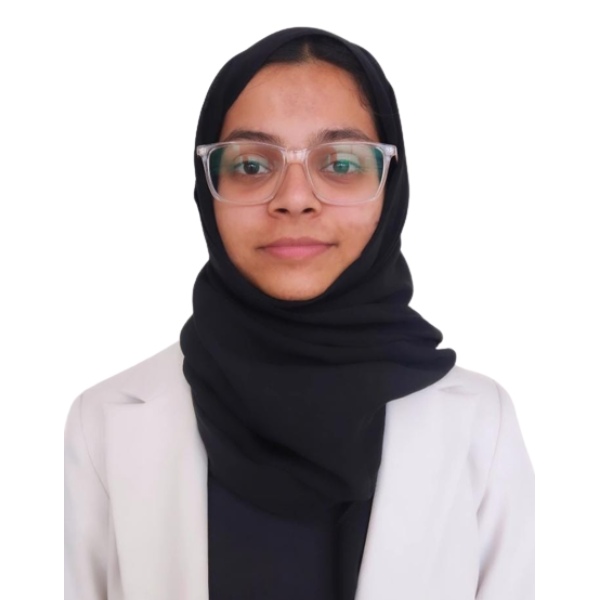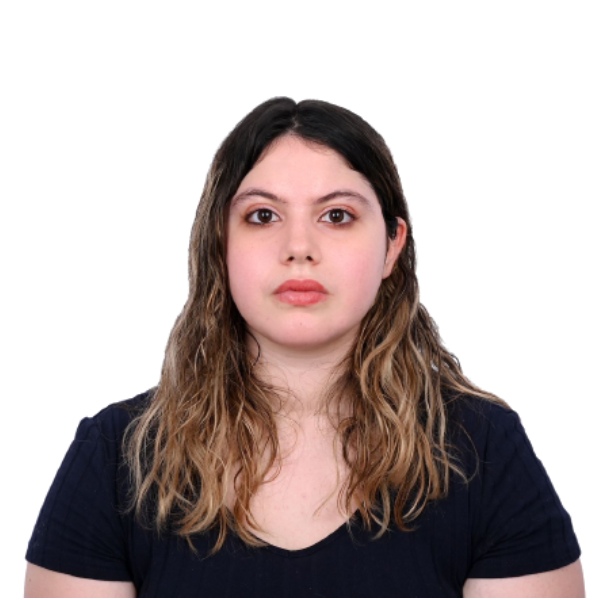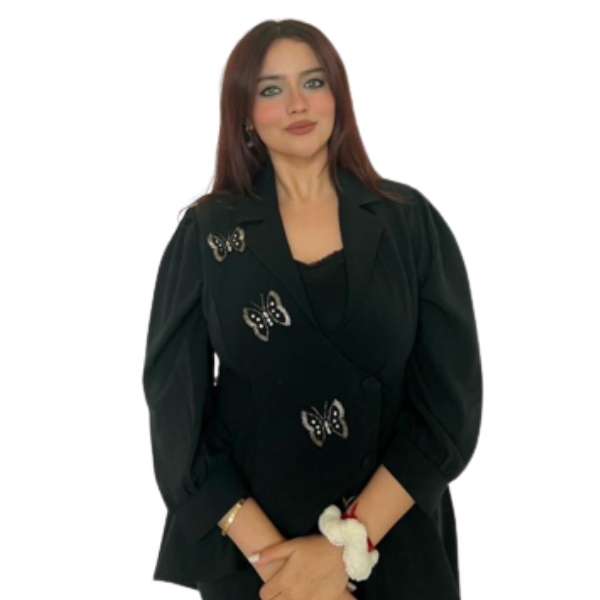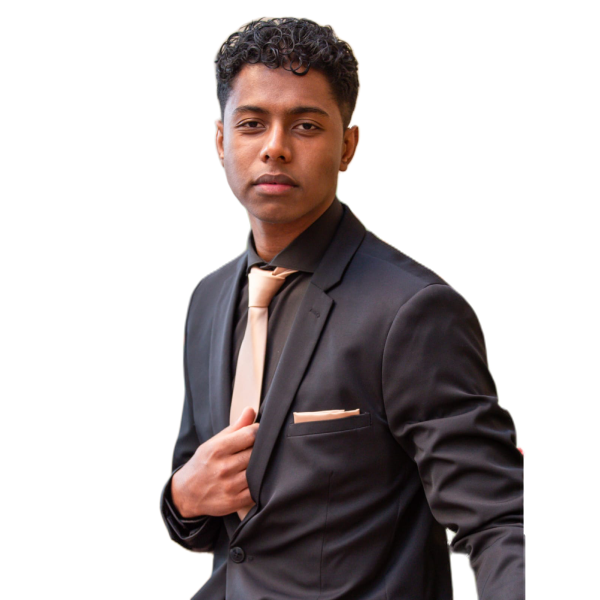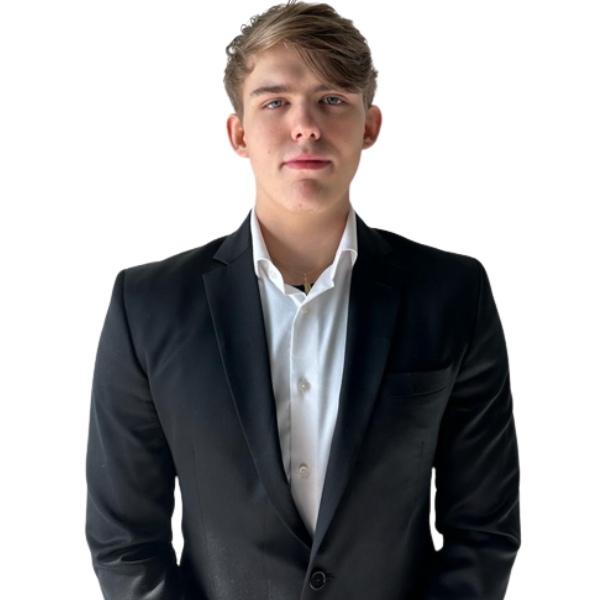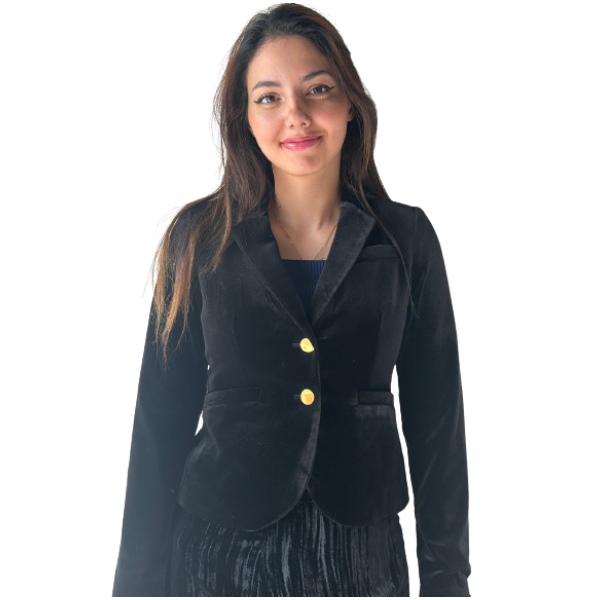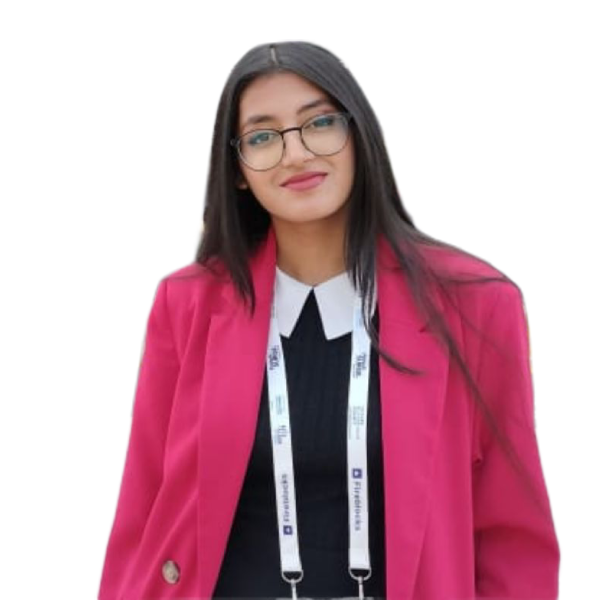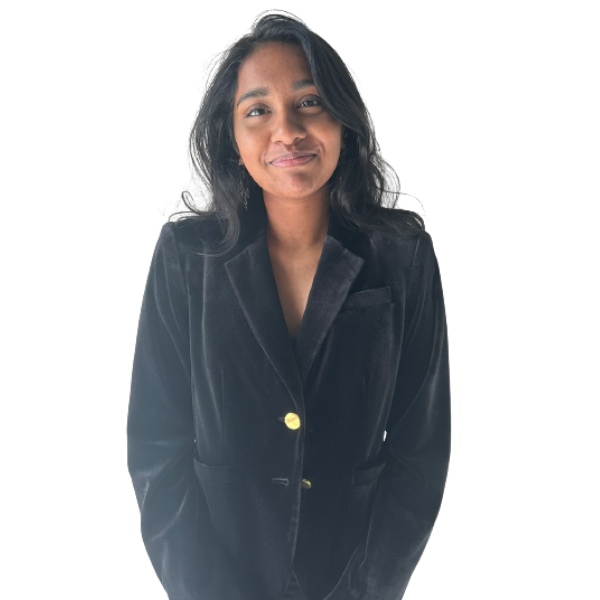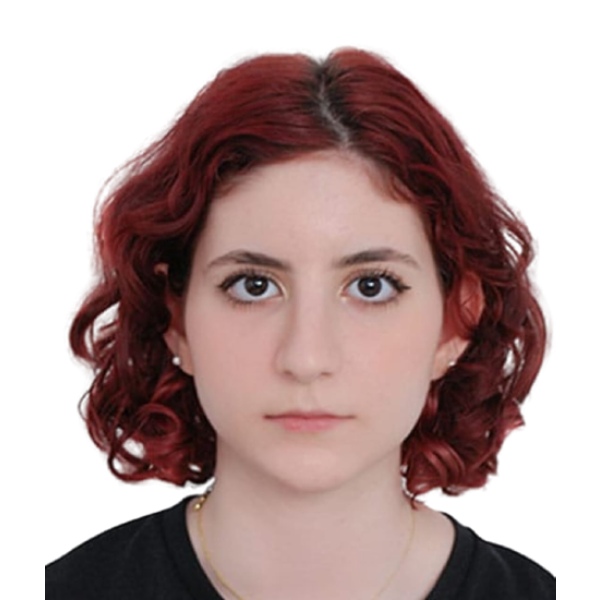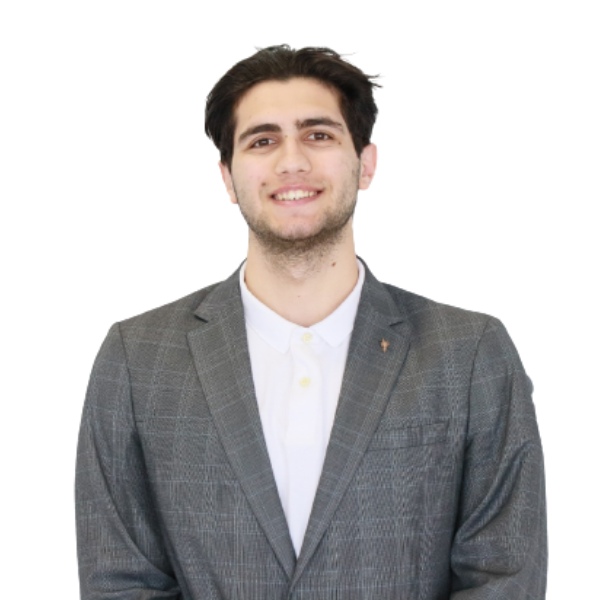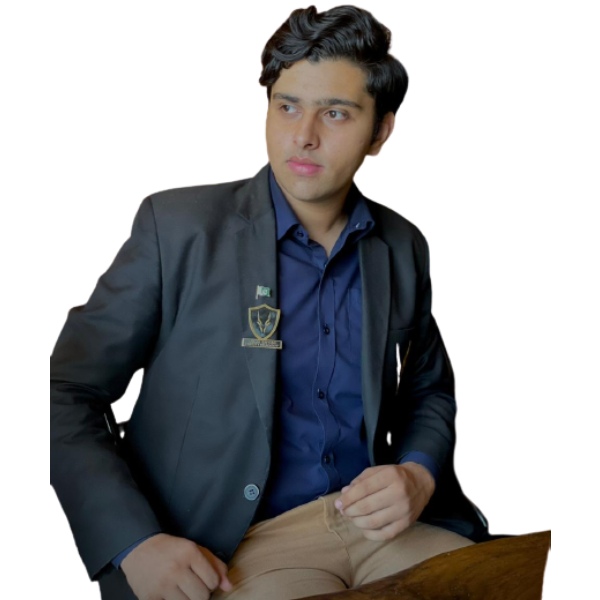Lyysander
For the past 153 years, DMU (De Montfort University) has been the harbour of innovation and excellence. “Excellentia et studium. Excellenceand zeal”, De Montfort University's motto, has been preserved and honed throughout the university's long history. These are traits we hope toinspire among those that join DMU MUN. De Monfort University has seen the creation of the UN, both world wars, and great spells of peace.However, as times change, so do the obstacles, and being adaptable is something DMU has excelled at, as seen by DMU being an UN-affiliateduniversity and incorporating the UN sustainability goals into its curriculum. DMU is also an UN-recognised university and was addressed by Secretary-General Antonio Guterres in January 2021. It is time for DMU to take on the mantle of hosting a Model United Nations conference. At present, the world is riddled with complex problems, whether they be economic, humanitarian, mental, technological, or simply global warming, that must be addressed if we wish to create a more equitable and sustainable society.
I, the Secretary General of DMU MUN'23, am proud to announce that this year's conference will be a powerful platform for dialogue, open debates, and constructive debate. Our priority is to ensure that all participating members are respected, heard, and can reach a consensus onglobal issues while also recognizing the diversity of opinions and ideas. We are confident that the conference will succeed, as we strive to make the MUN a place where global issues can be discussed and resolved in a spirit of cooperation and peace. We look forward to seeing the results and hearing the opinions of the participants.
The legacy we leave behind is just as impactful as that of the most influential individuals in history, and a lack of legacy is impossible as everyone has a minute yet evident legacy. We hope to echo not only the ethos of the United Nations but also that of De Montfort University and leave an ever-prominent legacy. We thank all those involved in making this MUN and its goals a reality. We hope this conference will inspire and create a better, more sustainable world.
Claire
It is my pleasure to welcome you to De Montfort University Dubai’s first Model United Nations (DMU MUN) conference. As Director of this conference, I am honoured to be a part of an event that brings together such a diverse and talented group of individuals from all over the UAE. As Director, I will strive to create an environment that fosters productive dialogue, mutual respect, and creative problem-solving. Our conference will provide a platform for young people to engage with complex global issues and work towards innovative solutions. In addition, this event will provide a unique opportunity to participate in constructive debate, learn about international affairs, and develop crucial skills such as negotiation, public speaking, and diplomacy. Through this experience, you will develop a deeper understanding of international affairs and the role that the United Nations plays in promoting peace and prosperity throughout the world. Respectful and constructive dialogue is the cornerstone of the MUN experience, working towards finding common ground and collaborating effectively with your fellow delegates. We hope to inspire the next generation of leaders to tackle the world's most pressing challenges.
For students, the DMU MUN conference presents an invaluable opportunity for personal and intellectual growth. Engaging in in-depth discussions on intricate global matters not only expands your knowledge horizons but also hones your critical thinking skills. The intricacies of diplomacy and the art of negotiation, central to the MUN process, offer practical insights that can be applied far beyond the conference itself.
Participation in the DMU MUN equips you with real-world skills that employers and universities highly value. The ability to articulate your thoughts eloquently, negotiate effectively, and collaborate harmoniously in a diverse environment are attributes that stand out in any context. Furthermore, this conference serves as a springboard for building a network of like-minded peers and mentors, potentially fostering lifelong connections and collaborations.

